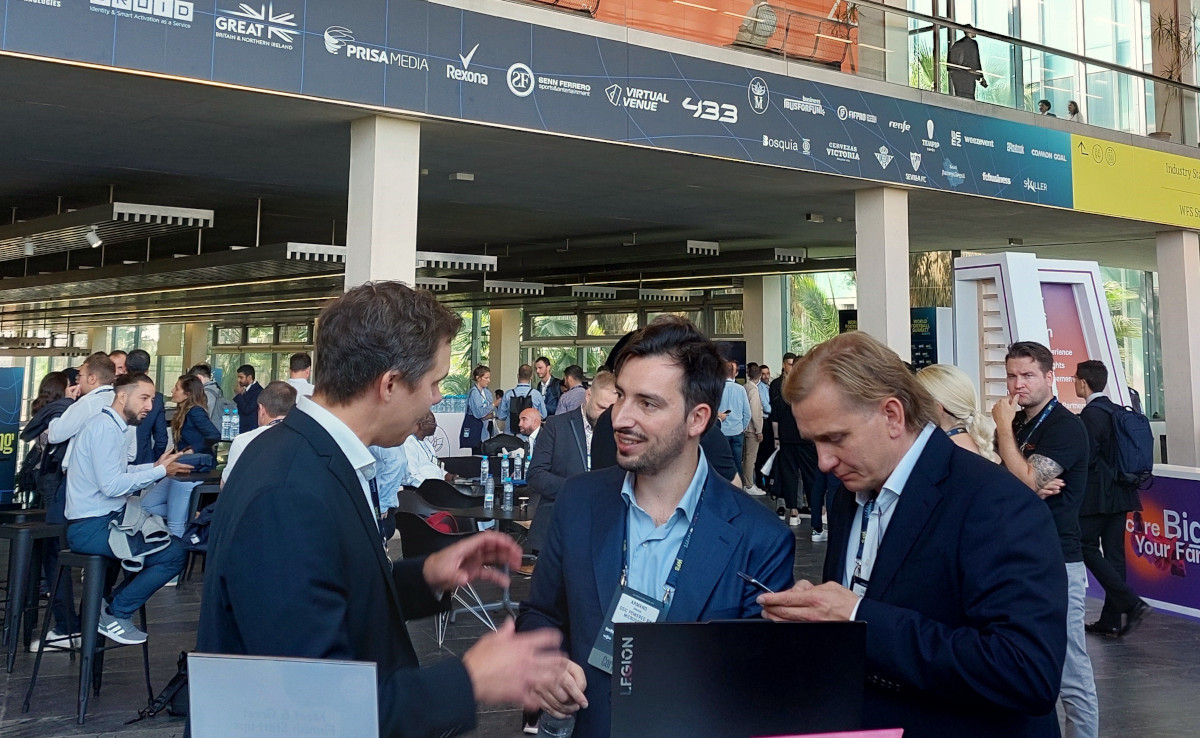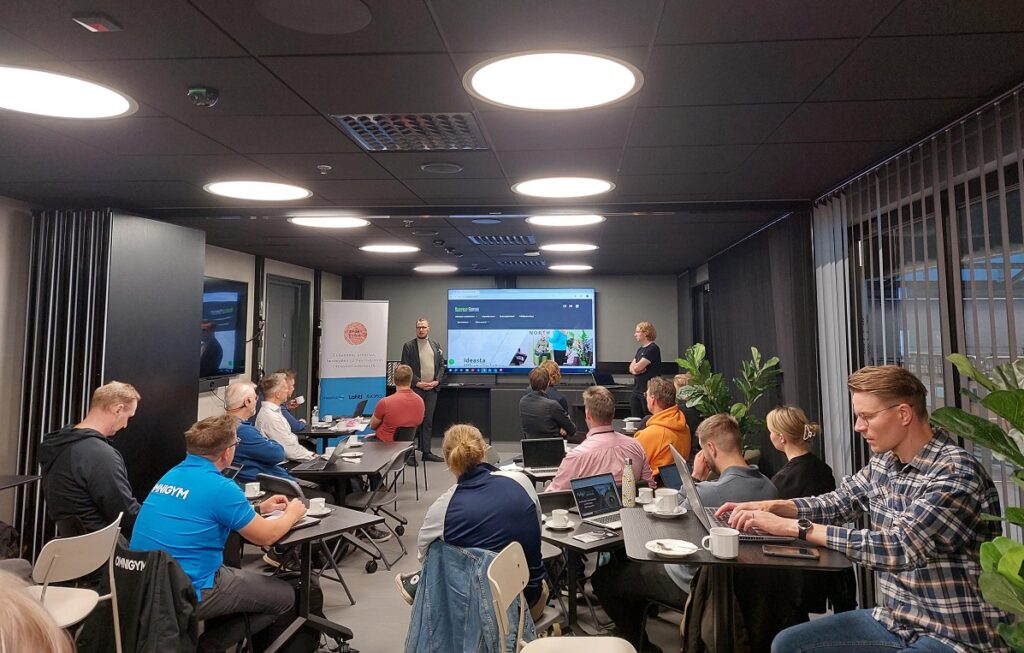Sports business is best exported as a team

The Sport Finland network wanted to combine the challenge of immobility, business innovation and growth across national borders. The seeds for more permanent cooperation have been sown for the production of joint innovations, events and projects.
The goal of the Sport Finland network for the past few years has been to develop Finland into an internationally recognised country of exercise and well-being innovations. Operators around Finland have found new partners and ideas for research and innovation activities and business development.
The national network led by the cities of Jyväskylä, Lahti and Kuopio has led to good experiences of joint development. Companies in the sports, health and well-being sectors in particular have been motivated to spend their time on workshop activities.
The discussions have included planning solutions for the immobility of both working-age people and students and new services.
The development of the Tulevaisuuden liikuntapaikka (Sports facilities of the future) workshops focused on the use of data in sports and exercise environments.
“The aim is to motivate people to exercise by, for example, using the opportunities of digitalisation to measure performance. When collecting data from sports facilities for utilisation, who uses the facilities, how and at what activity level is also interesting,” says Project Manager Santtu Pirskanen from the City of Kuopio.
As a result of this work, Sport Finland has put together a playbook on the use of open exercise and well-being data.
In the longer term, it will become clear whether the workshop activities will generate new business innovations.
“Based on the feedback, the participants in the workshops led by Jyväskylä, Lahti and Kuopio have found new ideas and inspiration when they have been offered the right environment and people,” says Project Manager Alisa Heikkinen from Jyväskylä.

A foothold for sports business abroad
In addition to workshops, the Sport Finland network has supported Finnish companies in gaining a foothold in foreign markets. In the spring and autumn of 2024, the Madrid and Seville delegations represented the national sports business as a united front, which clearly increased the visibility and attractiveness of Finnish innovation activities at the events in Spain, such as football fairs.
“In addition to potential business partnerships, the delegations aroused the interest of international operators in cooperating with Finnish cities. The active role and cooperation of Finnish cities was new to them,” says Alisa Heikkinen.
The organisers of the delegation were pleasantly surprised that no one seemed to be overshadowed by anyone else, but that the Finns worked closely together in sharing contact tips. The Finnish companies encouraged each other, and this also impressed international partners who are accustomed to fierce competition.
“Working under the joint Sport Finland umbrella proved to be a successful choice. An individual operator becomes more interesting when part of a bigger whole,” Heikkinen says.
In Finland, too, it has been essential that activities have not been under the banner of just one city. Rather, they have been national and extensive, which appeals to companies.
The future will show how far cooperation can go
The network leaders hoped that Sport Finland will become a broader and more permanent operating model. Direct funding for the future has not been obtained, but a search for new sources of funding for different types of cooperation is planned for 2025. Operators in cities and research institutes are considering future project ideas, among other things.
“Sharing information between cities is important. For example, in order to obtain larger funding such as Horisontti funding, extensive cooperation is necessary,” Heikkinen says.
Sport Finland succeeded in building new bridges between different operators. The future of the network will show how far the cooperation can go.
“The real benefit will be seen in 2–5 years, the result of everything now. Hopefully, business and research cooperation will have developed further. There is also a need for cooperation when organising new events. And startups will continue to need help for internationalisation,” Heikkinen says.
Sport Finland is one of the lead themes of InnoCities. Thematic cooperation brings together the resources of different cities and promotes the sharing of good practices as well as international cooperation and investments. The aim is to expedite the reform of business and the implementation of sustainable solutions in cities. InnoCities support innovation and engage in the practical application of research and experiment.
This article is the third and final part about the Sport Finland project.
Previous article The Sport Finland network creates added value that money cannot buy – Innokaupungit
Read more: HHub ecosystem in Jyväskylä
